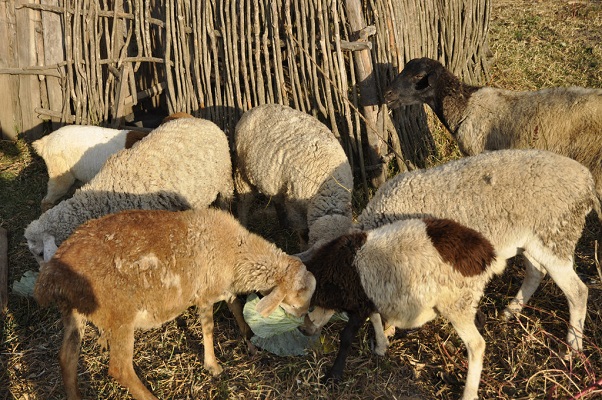

Nairobi sheep disease (NSD) is a tickborne viral disease of sheep and goats characterized by fever and hemorrhagic gastroenteritis, abortion, and high mortality. The disease was first identified near Nairobi, Kenya in 1910, and NSD virus was shown to be the causative agent in 1917. The disease is endemic in Kenya, Uganda, Tanzania, Somalia, Ethiopia, Botswana, Mozambique, and Republic of Congo.
Symptoms
– High Fever (41–42°C) that persists for 1–7 days.
– Diarrhea usually appears 1–3 days after the onset of fever.
– Depression;
– Anorexia;
– Muco purulent, blood-stained, nasal discharge;
– Fetid dysentery that causes painful straining.
– Pregnant animals frequently abort.
– Mortality rate as high as 70–90% for indigenous breeds of sheep and 30% for exotic and cross breeds.
Control & Prevention
– Unaffected animals in the flock may be treated with acaricides
– Restricting movement of livestock
– Longterm tick control is not cost effective in endemic areas.
– Susceptible sheep and goats must be protected from the vector by weekly acaricide dipping and spraying.
– Movement of animals into endemic areas must be controlled
 Contact Jaguza Support
Contact Jaguza Support